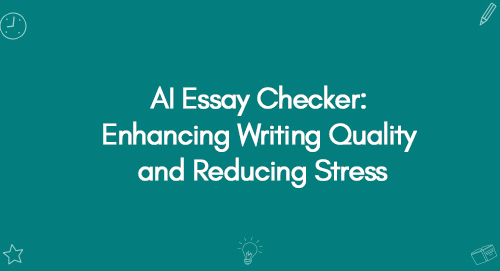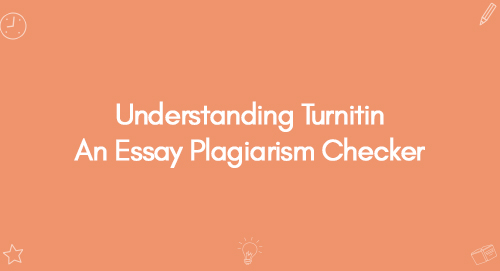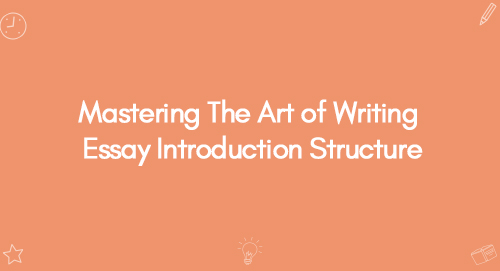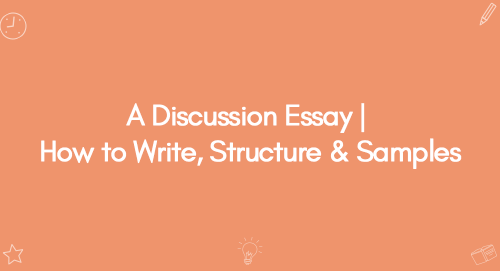How to Write an Analytical Essay | An Ultimate Guide
How to Write an Analytical Essay | An Ultimate Guide

Law Essay Examples | Types and Tips to Follow
April 25, 2024
Psychology Essay Example | Good Examples and Pro Tips 2024
May 3, 2024An analytical essay is a type of academic writing that aims to examine and analyse a subject or topic. Analytical essays delve deeper into the significance and implications of the topic by critically evaluating its components.
Learn How to Write an Evaluation Essay
This guide provides a comprehensive overview of how to write an analytical essay, the guide offers tips for writing analytical essays effectively, providing examples. This guide serves as a valuable resource for students and writers seeking to enhance their analytical writing skills.
You may also like to review
Example: 1 Analytical Essay Example
What is an Analytical Essay?
Analytical essays are a form of academic writing where the writer examines a topic in-depth and critically analyses its various aspects. These essays require the writer to break down the topic into its constituent parts, explore how those parts relate, and evaluate their significance or implications.
How to Write an Analytical Essay in 6 Steps?
The process of writing an analytical essay largely follows the same guidelines as all essay writing. Here we break down each step from start to finish.
Choose your Topic
You need to be careful when choosing the topic. Your essay topic should be narrow enough to allow you to discuss it. Find a good middle ground, specific enough so that you can talk about absolutely everything but generalized to ensure that there will be ample research and supporting evidence.
Research your Analytical Essay Topic
After identifying the topic, you can start gathering data and evidence to discuss it. Alternatively, if your analytical essay is concerning some artistic work you could have to review or discuss that work in depth like observing the film keenly or studying the micro details of a painting. It also helps to go over other people’s criticism about that work for they might inspire fresh ideas or bring out something you had missed.
Create an Outline
An essay outline helps you arrange your thoughts and research material to be sequenced in the best order. Ideally, by now you will have done all your research and made brief notes of what you want to say in your analytical essay. The outline allows dictating when are you going to discuss each point. Your argument and evidence or statistical information should be explored in each paragraph.
Write your First Draft
At this point, you should sit down and write the rough draft of your analytical paper. Make sure to mention every fact and figure you intended to include. Pay close attention to the opening section of an essay.
Revise your Essay Draft
Your first draft is never supposed to be flawless. It becomes much easier to rewrite once you have put all your thoughts on paper. This is the best moment to change your phrase structure and word choice while eliminating any side issues. During the revision process, you should focus on details. Search through the text for what needs to be omitted in order, thereby reducing your total work’s length or passages that are not so clear and require further elaboration.
Proofread your Essay
Finally, ensure that there are no grammar and spelling errors by proofreading.

Analytical Essay Example
This example demonstrates how an analytical essay can analyze a specific element of a literary work, such as symbolism, and explore its deeper meanings and implications within the context of the text.
Title: The Symbolism of the Green Light in "The Great Gatsby"
Introduction
- Scott Fitzgerald's novel "The Great Gatsby" is rich with symbolism, one of the most prominent being the green light at the end of Daisy Buchanan's dock. This essay will analyze the significance of the green light in the novel, exploring its multiple layers of meaning and its impact on the characters and themes.
Body Paragraph 1
The green light serves as a symbol of Gatsby's unattainable dream and his relentless pursuit of the American Dream. Situated across the bay from Gatsby's mansion, the green light represents the idealized vision of success and wealth that Gatsby strives to achieve. Despite his material wealth, Gatsby remains fixated on the green light as a beacon of hope and possibility.
Body Paragraph 2
Furthermore, the green light symbolizes Gatsby's longing for Daisy and his quest to recapture the past. Daisy's voice is often associated with the sound of the green light, reinforcing the connection between the light and Gatsby's desire for her. The green light becomes a tangible manifestation of Gatsby's yearning for a love that is forever out of reach.
Body Paragraph 3
In addition to representing Gatsby's aspirations, the green light also reflects larger themes of disillusionment and the corruption of the American Dream. Despite Gatsby's efforts, the green light remains distant and unattainable, underscoring the emptiness and futility of his pursuit. The green light serves as a reminder of the hollowness of materialism and the elusive nature of happiness.
Conclusion
In "The Great Gatsby," the green light emerges as a powerful symbol that encapsulates the novel's themes of ambition, love, and the decay of the American Dream. Through its various interpretations, the green light underscores the complexity of human desires and the impossibility of recapturing the past. As Gatsby reaches out towards the green light, he embodies the universal quest for meaning and fulfilment, ultimately highlighting the fleeting nature of dreams.
Tips for Writing an Analytical Essay?
Here are some tips for writing analytical essays effectively. By following these tips, you can effectively craft an analytical essay that provides insightful analysis and compelling arguments on your chosen topic.
- Choose a Strong Thesis Statement
Formulate a well-defined and debatable thesis statement that expresses your main idea or point of view regarding the topic. Your thesis should be a summary of the key points you want your reader to understand through this analysis.
- Engage with the Text
If the analytical essay that you’ve written is a text, whether it happens to be a literary work, historical document or scientific paper then delve directly into the core of this subject. Keep notes, annotate and underline important parts for your analysis.
- Analyze and Interpret
Do not simply describe the text or topic. Analyze and evaluate the evidence provided. Describe how each piece of evidence relates to your thesis and what it shows about the bigger picture or themes.
- Consider Multiple Perspectives
Consider any opposing perspectives or interpretations, especially if they contradict your thesis statement. Responding to counterarguments reveals a delicate knowledge of the topic and bolsters your analysis.
- Organize Your Essay Effectively
The structure of your essay should include an introduction, body paragraphs and a conclusion. Each paragraph should discuss a particular element of your analysis and flow seamlessly into the subsequent. Use topic sentences and transitions to achieve cohesion.
- Use Clear and Concise Language
Be precise, but kindly avoid using unnecessary jargon or overly complicated terminology. Try to be as concise in your statement so that the reader can follow whatever analysis is being discussed.
- Edit and Revise after Writing an Analytical Essay
Upon finishing your first draft, take a while to revise and proofread the essay. Review for clarity, grammar and punctuation mistakes as well. Try to get the reviews of your peers or instructors so you may improve their analysis.
- Stay Focused and Analytical
Throughout the writing, stay within the analytical aims. Do not give irrelevant information that can take away the quality of your analysis. Keep your analysis linked to the purpose of the essay.
Free Premier Essay Writing Topics
Essay Writing is an essential part of academics which presents the ideas, arguments, opinions, or positions of the writer regarding the topic. The writer supports his claims using facts, evidence, or survey studies.
- Clear presentation or understanding of the type of essay
- An appealing introduction with an unambiguous thesis statement
- A well-defined structure of body paragraphs supporting the thesis
A prospective conclusion with an optimistic tone
Conclusion
In conclusion, mastering the art of writing analytical essays requires careful attention to detail, critical thinking skills, and effective communication. By following the steps outlined in this guide and implementing the tips provided, you can produce analytical essays that offer deep insights and compelling analysis on a variety of subjects and topics.


















